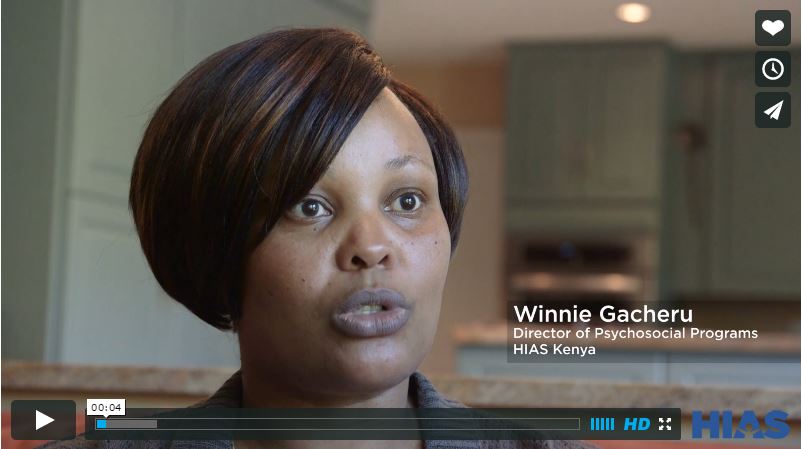Topic: Violence Against Women and Girls
73 results
Dec 10, 2019
VIDEO: We Open Our Hearts for Them
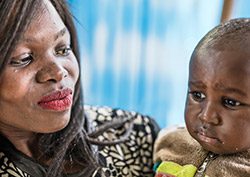
Mar 18, 2019
A New Name, a New Life
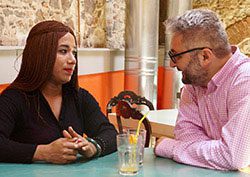
Feb 7, 2019
Refugee Women in Chad Bake Bread to Make a Living
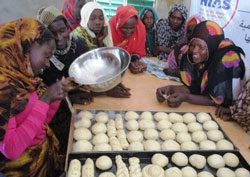
Jan 2, 2019
Safe Spaces Open Up in Latin America

May 8, 2018
New Resources Help Integrate Gender Into Humanitarian Responses
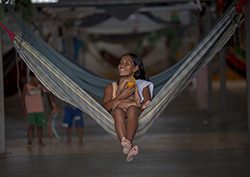
Jun 16, 2017
Protecting Refugee Survivors of Sexual and Gender Based Violence
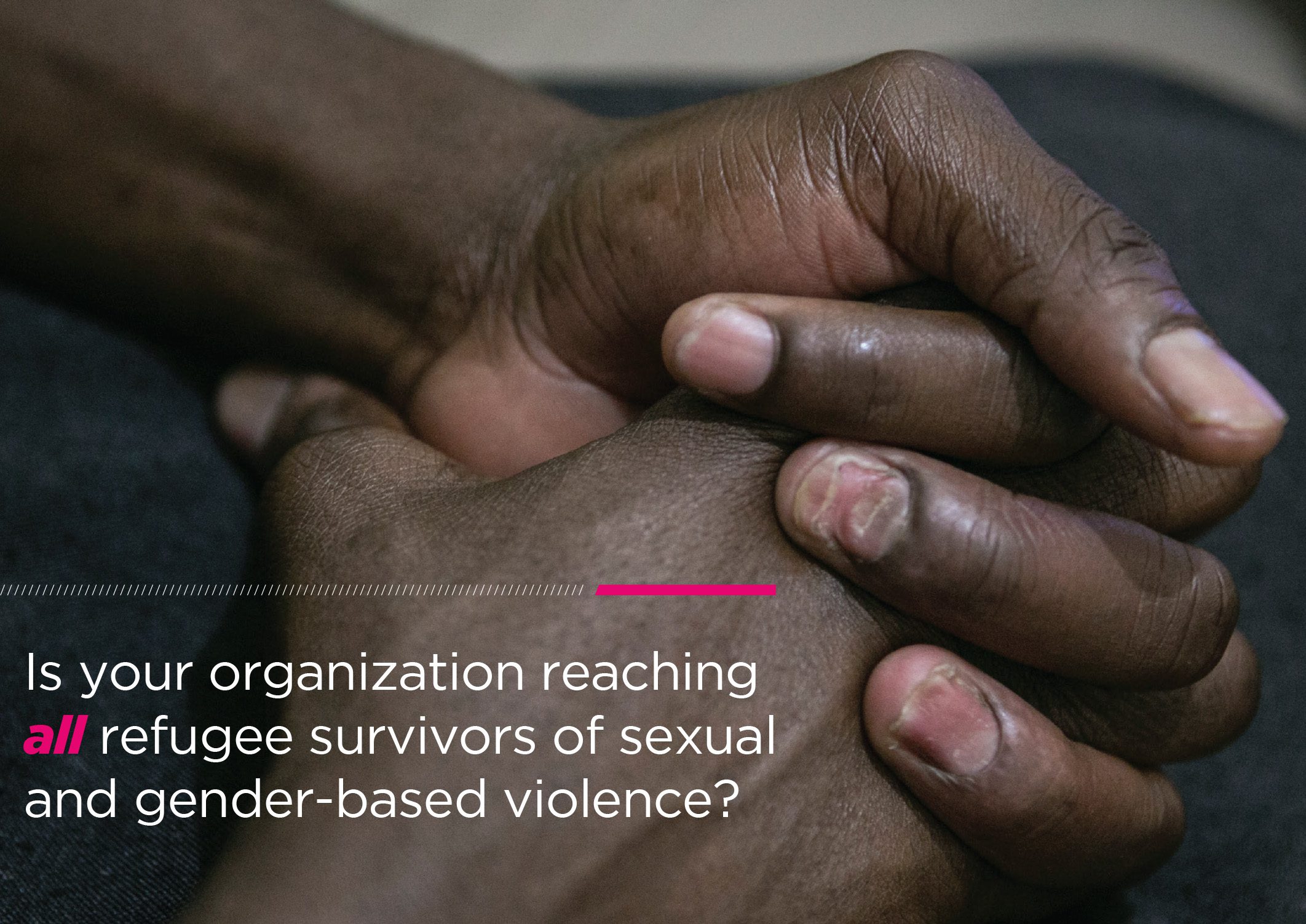
Oct 13, 2016
Joseline’s Journey To Safety
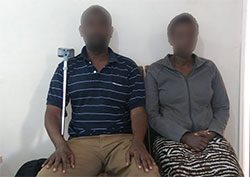
May 2, 2016
How to Make Sure Sexual Violence Prevention Includes Older Refugees
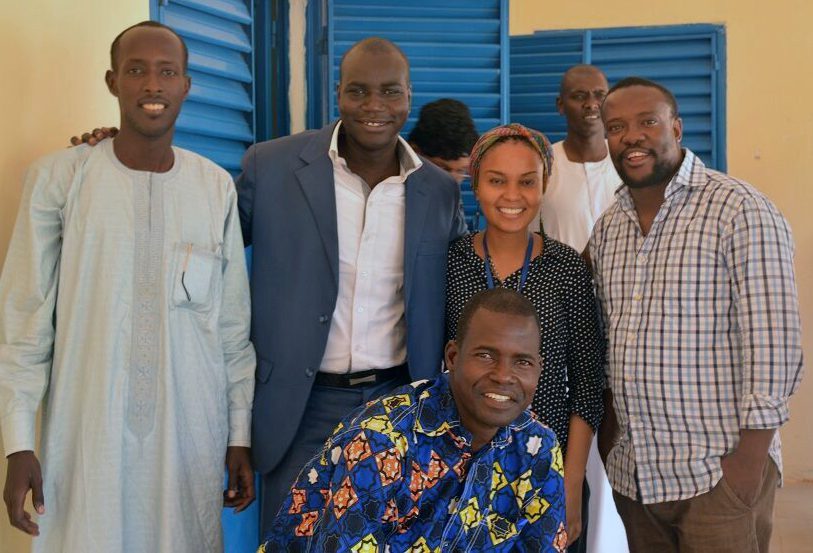
Nov 30, 2015
Women on the Run in Central America
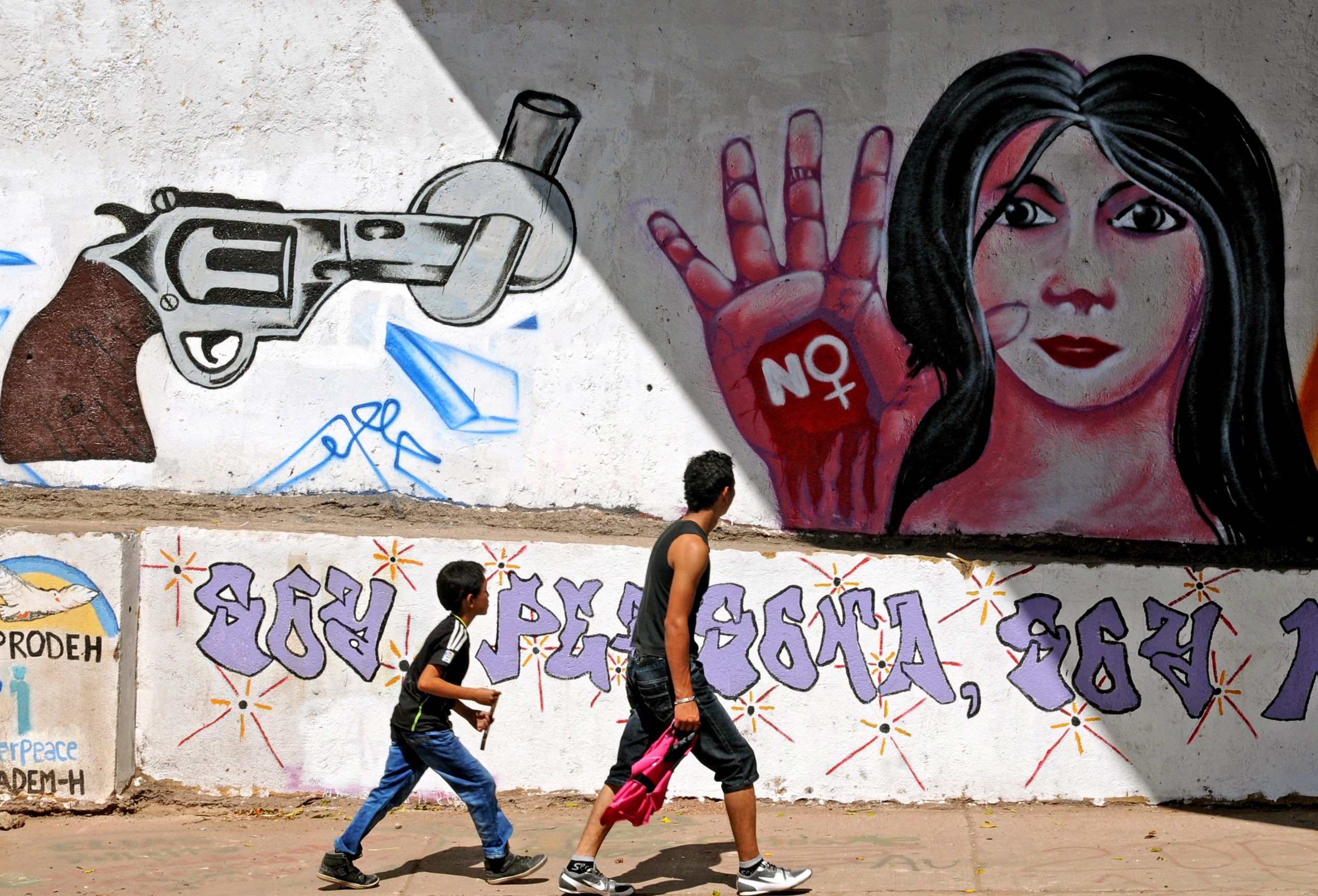
Oct 21, 2015
Video: Winnie Gacheru on HIAS’ Work in Kenya
